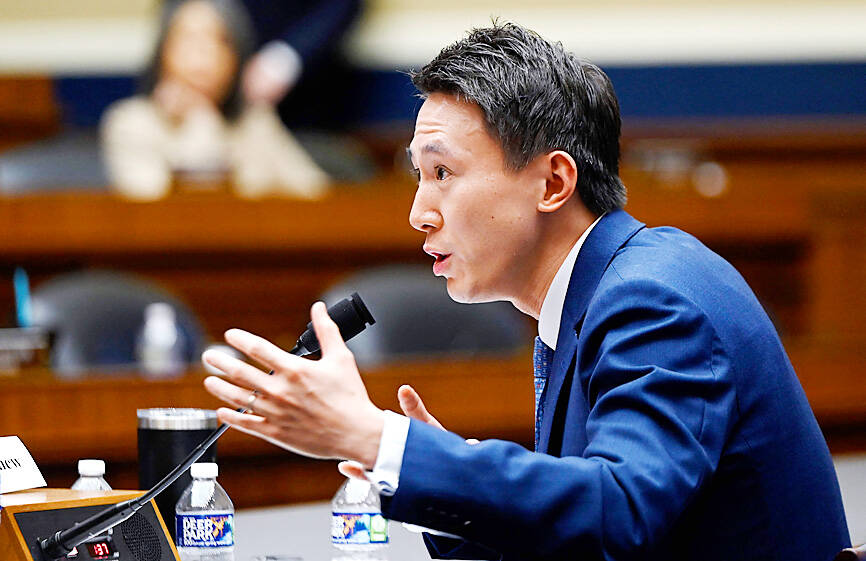
Another trial is trending on TikTok this month. The defendant? TikTok. The Plaintiff? The United States Government. But TikTok isn’t really the concern, just a smoke screen distraction from the fact that internet use, privacy, and the freedom of the American people are the ones at stake. Bill S.686, also known as the RESTRICT Act, is being portrayed as governmental concern for the safety and privacy of the American people and their data in the hands of Byte Dance company, the China based parent company of TikTok. But the actual scope of the bill is much broader, covering data on all platforms and websites.
The bill was introduced to Congress on March 7th, 2023, the official summary reading; “To authorize the Secretary of Commerce to review and prohibit certain transactions between persons in the United States and foreign adversaries, and for other purposes.” The phrase “for other purposes” is intentionally vague, wanting to push people’s attention to the evasive “foreign adversaries” and distract from the real issue at hand, the U.S. government’s ploy to gain full access and control to the American people’s data.
Reading into the specifics of the bill, it quickly becomes clear that TikTok is only one of the many platforms collecting data which the U.S. government is concerned with, encompassing both websites and apps. The bill specifies that any “entity” (read: app or website) that “owns, controls, or manages information” and has over one million users from the U.S. at any point in the year, can be subject to searches of user data without needing a warrant. For context, one million users is only 0.3% of the United States population. It also specifies that any app created and run out of a foreign country can be banned as the government deems necessary.

The proposed restrictions and data being made accessible to the government raises concerns for a number of reasons. Activists point out that after the recent overturning of Roe v. Wade data from period tracking apps can be used to track when people get pregnant, and potentially then if they have an abortion. With the criminalization of abortion in some states, this data can be used to arrest people who have traveled from restricted states to unrestricted states, or who have illegally obtained an abortion in a restricted state, adding another layer of danger to the already dangerous post-Roe world. As of now, in order to access this data, the government must obtain a search warrant. This means that the current risk of period tracking apps being used against someone is relatively low, but if the RESTRICT Act is passed this data will be easily available to the Government at any point.
Beyond access to data, the restriction of many of these online platforms endangers the livelihood of many citizens who have built their careers as content creators. The introduction of the bill prompted many content creators to gather in D.C. to protest, including Jason Linton, who goes by @dadlifejason on TikTok and shares his journey with foster care and adoption to help educate others. He spoke to the crowd in D.C. saying “I use TikTok to share a love of my family and our journey through foster care and adoption, and through that I’ve been able to create a community of people from all over the world. I’m asking our politicians: don’t take away the community that we’ve built.” For many of the smaller creators their income from the TikTok creator fund and sponsorships they receive are their only source of income, and the removal of the platform would leave them unemployed.
“I’m asking our politicians: don’t take away the community that we’ve built.”
Jason Linton @dadlifejason
The future of the RESTRICT Act is yet uncertain, as it was only recently introduced into congress, but the repercussions if it is passed will ripple out in ways we cannot yet predict. For many, the distraction of this bill applying only to TikTok has worked, with few news sites reporting on the real scope of the bill and very little discussion of the effects it will have, but as the trial gains more traction, more people are taking notice of what its consequences will be. As the trial moves forward more eyes are watching to see what decision the government will make, and people are beginning to rally to protect their internet freedoms.